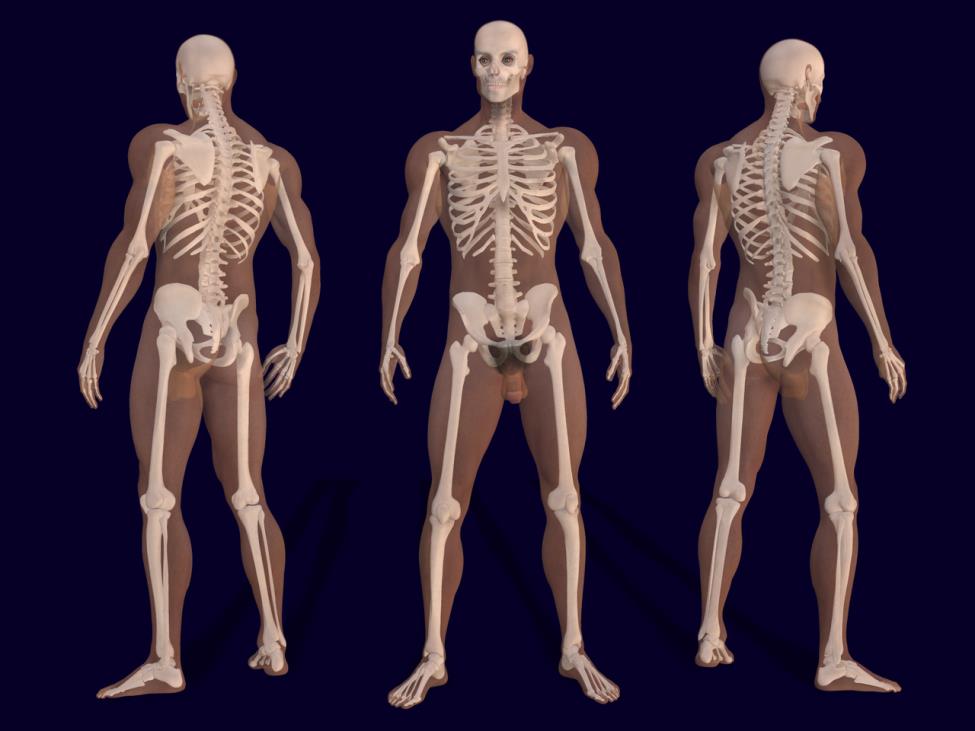Tag: spinal manipulation
A Credible Placebo Control for Chiropractic Research
The research on chiropractic has been far from rigorous. One of the problems is that studies of spinal manipulation therapy (SMT) can’t be double blinded, and it is very difficult to even do single blinding. So most studies resort to non-manipulation control groups like “usual care” or “wait list” or “pain medication.” Those studies are practically guaranteed to lead to false positive...
Chiropractic Moves into Transportation
I debated which of two topics to blog about this week that appeared in my feeds. The first was “Graduate slams CQU for offering ‘pseudoscience degree’,” where an Australian is upset that her University is offering an undergraduate Bachelor of Science in Chiropractic and a postgraduate Master of Clinical Chiropractic degree because chiropractic is “complete pseudoscience”. And the second was: “Foundation for...
Subluxation Correction: A Chiropractic Treatment for Babies
My article “Pediatric Chiropractic Care: The Subluxation Question and Referral Risk” was published in the 2016 February issue of the journal Bioethics. The abstract summarizes the message of the article: Chiropractors commonly treat children for a variety of ailments by manipulating the spine to correct a “vertebral subluxation” or a “vertebral subluxation complex” alleged to be a cause of disease. Such treatment...
October is National Chiropractic Health Month!
October is National Chiropractic Health Month (NCHM) and chiropractors can’t resist the opportunity to overstate, obfuscate, and prevaricate in celebration. They do this in the face of some unfortunate (for them) statistics revealed by a recent Gallup Poll. The Poll was paid for by Palmer College of Chiropractic as part of an effort to increase the chiropractic share of the health care...
Chiropractic and Stroke: The question is not answered
I am off to Chicago for 5 days to wow the SMACC crowd with my ID/SBM acumen. I hope. Given that most of my multiple-personalities do not seem to be able to get any work done, I am forced to write a brief post this week, limited by the battery life on my MacBook Air. Whatever I get down on paper? pixels?...
Opposing Chiropractic: Persecution or Justified Criticism?
The saga of chiropractic began in 1895 when D.D. Palmer, a magnetic healer, announced that “95 percent of all diseases are caused by displaced vertebrae, the remainder by luxations of other joints.” Palmer opened the first chiropractic school in Davenport, Iowa, offering a three-week course of study at the Palmer School and Cure, subsequently renamed the Palmer School of Chiropractic. The school...
Chiropractic: A Summary of Concerns
Although obscured by controversy, there is evidence to indicate that spinal manipulation can be as effective as conventional treatment methods in relieving low-back pain.1,2,3,4 This grain of truth mixed with chiropractic vertebral subluxation theory that encompasses a broad scope of ailments makes it difficult for the average person to distinguish between appropriate and inappropriate use of manipulation by chiropractors. A person who...
Top 10 Chiropractic Studies of 2013
ChiroNexus recently listed the top 10 chiropractic studies of 2013. In my experience, chiropractic studies tend to be of poor quality. A media report says “study shows chiropractic works for X,” and when I look for the study it turns out to be a single case report or an uncontrolled study. When Simon Singh was sued by the British Chiropractic Association for...

NCCAM manipulates spinal manipulation
“Complementary and alternative medicine,” as pediatrician and fellow blogger John Snyder aptly stated in a recent journal article on CAM and children, is a term used to describe a disparate, poorly defined set of practices and treatment modalities presumed to be distinct from so-called ‘conventional medicine’. As we have discussed here at Science-Based Medicine, this amorphous concept facilitates a convenient fluidity in delineating...
Science-based Chiropractic: An Oxymoron?
I spent 43 years in private practice as a “science-based” chiropractor and a critic of the chiropractic vertebral subluxation theory. I am often asked how I justified practicing as a chiropractor while renouncing the basic tenets of chiropractic. My answer has always been: I was able to offer manipulation in combination with physical therapy modalities as a treatment for mechanical-type back pain—a...

